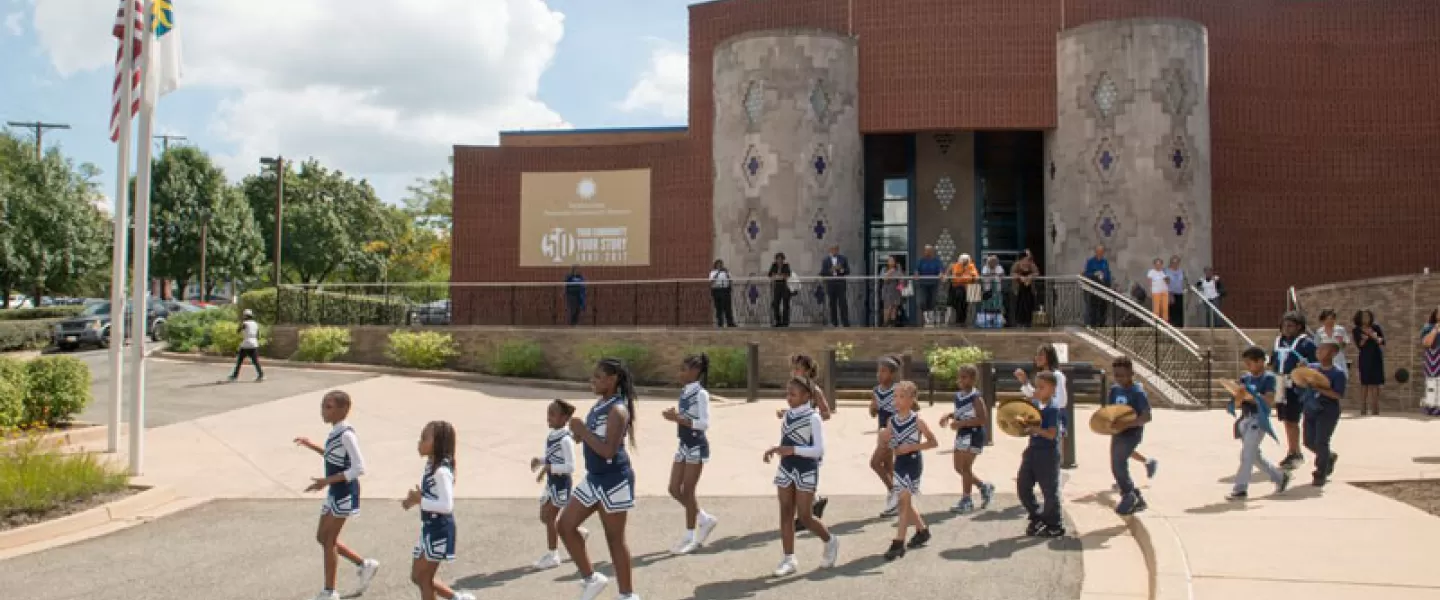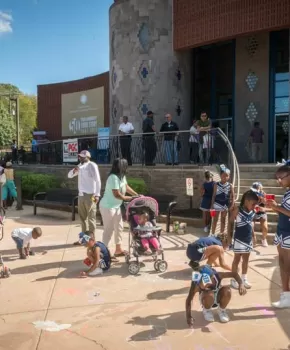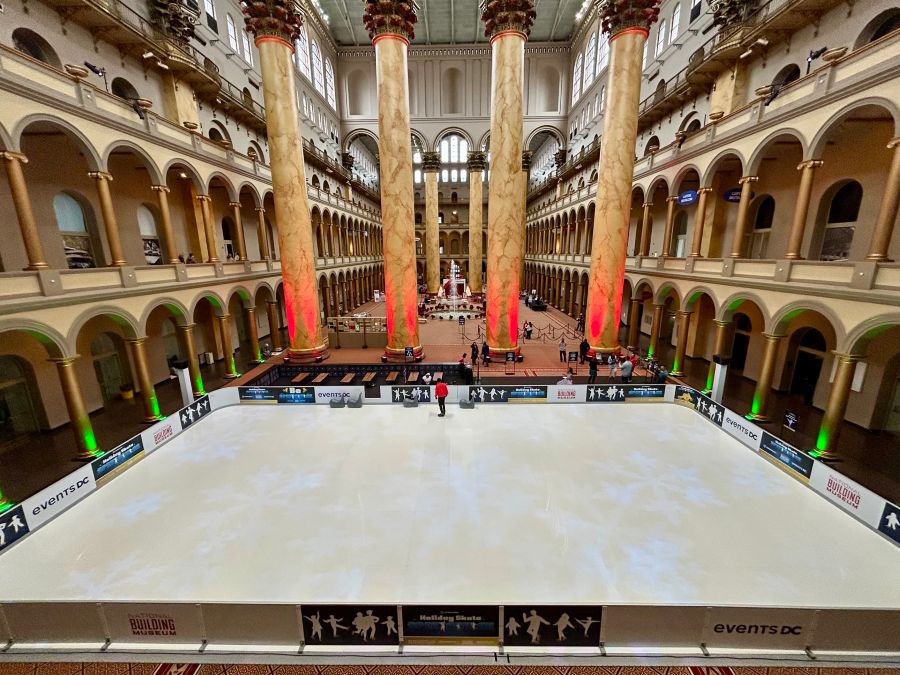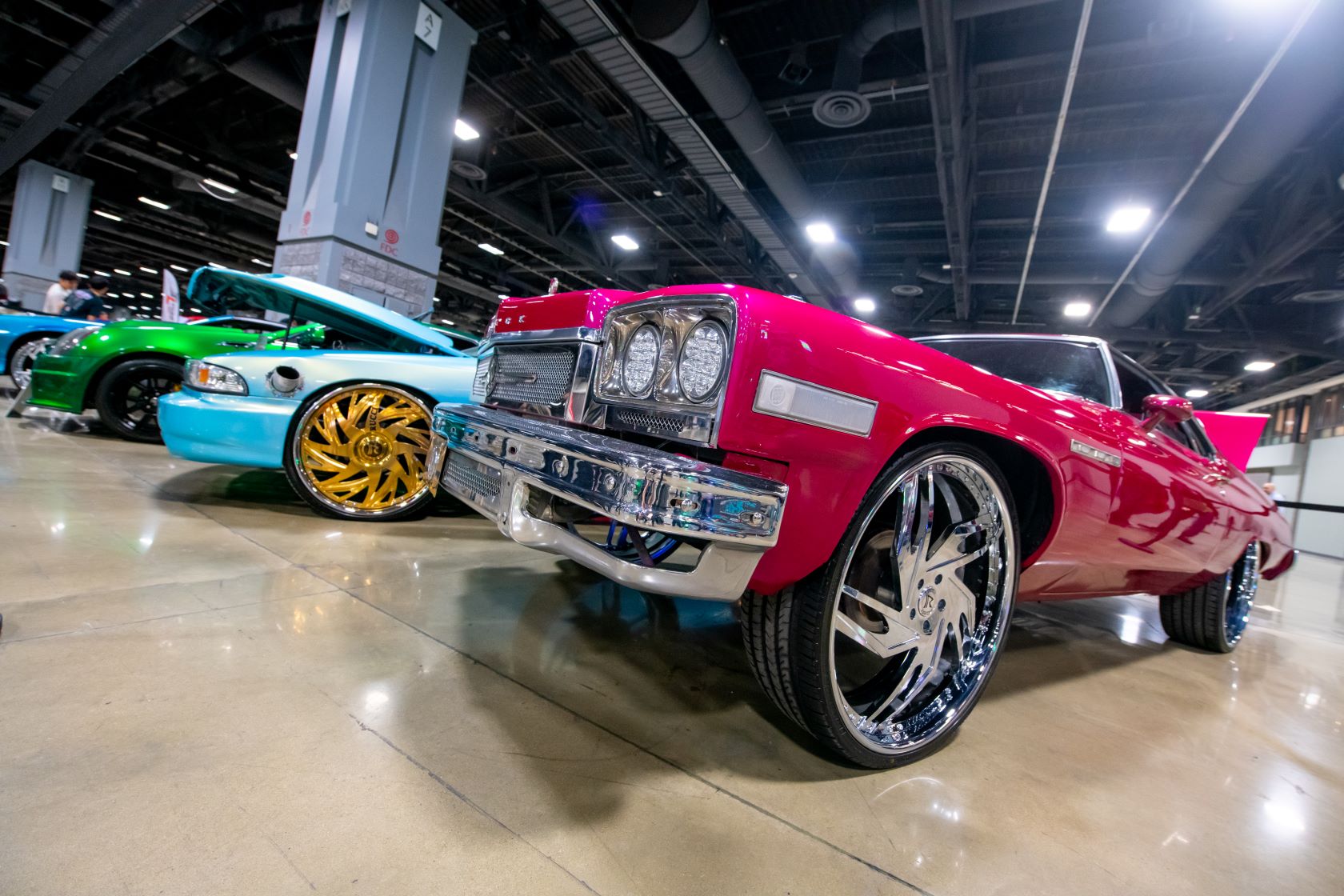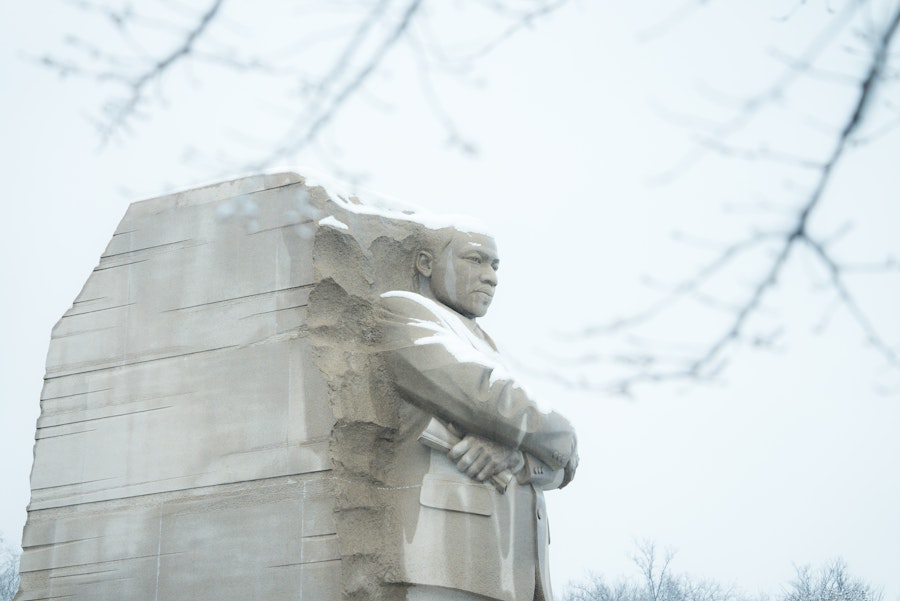Step foot inside a local riverside community and discover this Smithsonian Institution gem.
What is the Smithsonian Anacostia Community Museum and where is it?
Shining a lens on urban life, the Anacostia Community Museum examines, documents and interprets the impact of historical and contemporary social issues on communities. However, the museum didn't always focus on global communities, as the museum owes its roots to Anacostia's local African American history and culture.
The museum is located a mile from the Anacostia stop on Metro’s Green Line in DC's Anacostia neighborhood. It is also serviced by taxis and ride-sharing options like Uber and Lyft. The museum offers free parking and, in summertime, a free round-trip shuttle that picks up at the National Mall and Anacostia Metro station. The museum is open daily from 10 a.m. – 5 p.m.
After seven months of renovations, the museum reopened to the public in October 2019 with an enhanced visitor experience and improved accessibility.
Going global through locals
After opening in 1967, the Anacostia Neighborhood Museum – as it was known then – helped tell the history and experience of its surroundings, largely African American neighborhoods. After the National Museum of African American History and Culture was announced, the museum took its local community focus and applied it more globally. It changed its name to the Anacostia Community Museum in 2006 to magnify ethnic themes and social and cultural issues occurring within urban communities.
Rotating exhibits often focus on human stories and are the source of community partnerships where curators and creators work alongside residents, local officials, activists, artists, businesses, families and other organizations. Check out the current exhibitions at the museum, as well as a wide range of upcoming events for all ages.
African American history and culture at the museum
Even though the museum has broadened its focus in recent years, its collections contain thousands of unique artifacts related to the local African American community. From family archives of 19th-century African American locals to works from black DC artists, the artifacts highlight how inextricably linked the museum is to its local surroundings. These relics have been used in exhibits and continue to tell the story of east-of-the-river communities in DC.


